EATS Broker attends International Business Brokers Association Conference
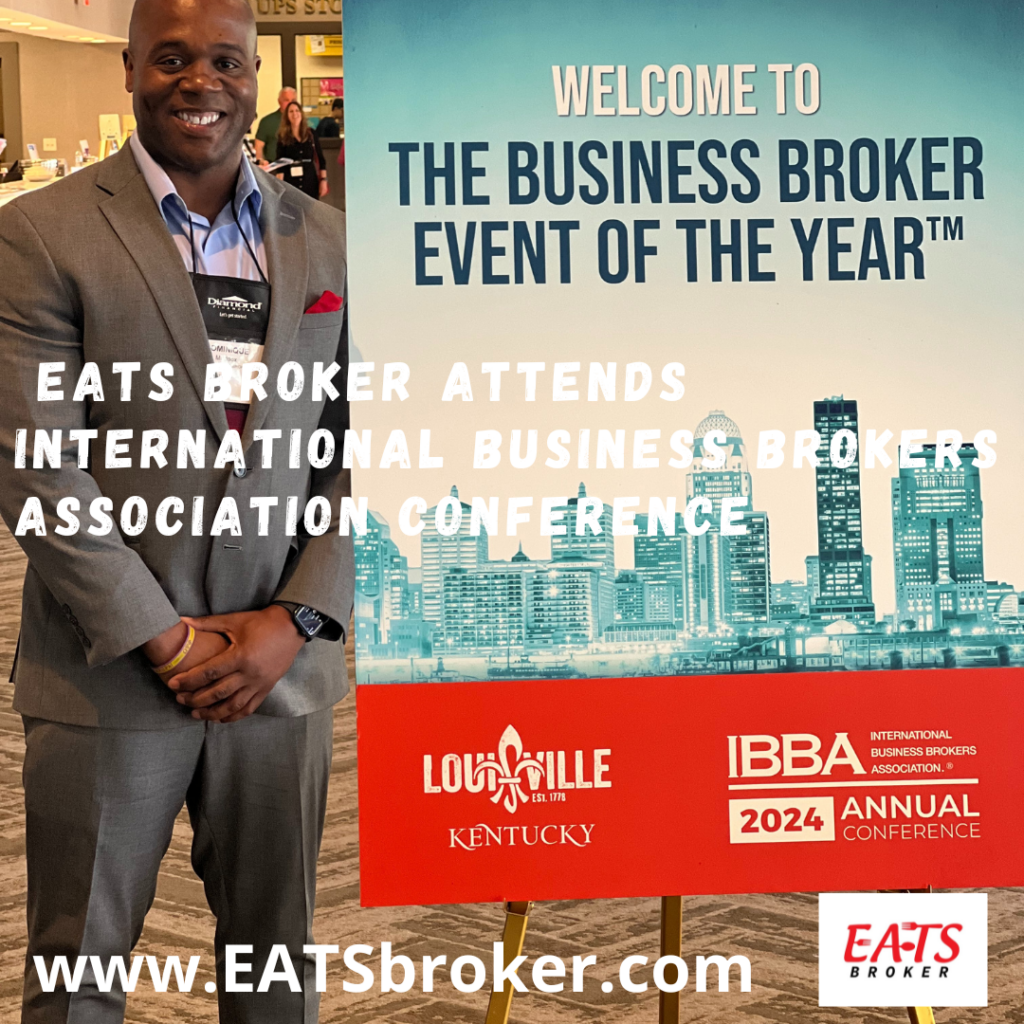
Dominique Maddox of EATS Broker attends the International Business Brokers Association conference at the Galt House in Louisville, Kentucky. The IBBA conference brings the top business brokers from around the nation together to foster professional growth, knowledge sharing, and the promotion of ethical practices worldwide. It is known as the Business Broker Event of the Year. This […]
EATS Broker sells Gabriel’s in Santa FE, New Mexico
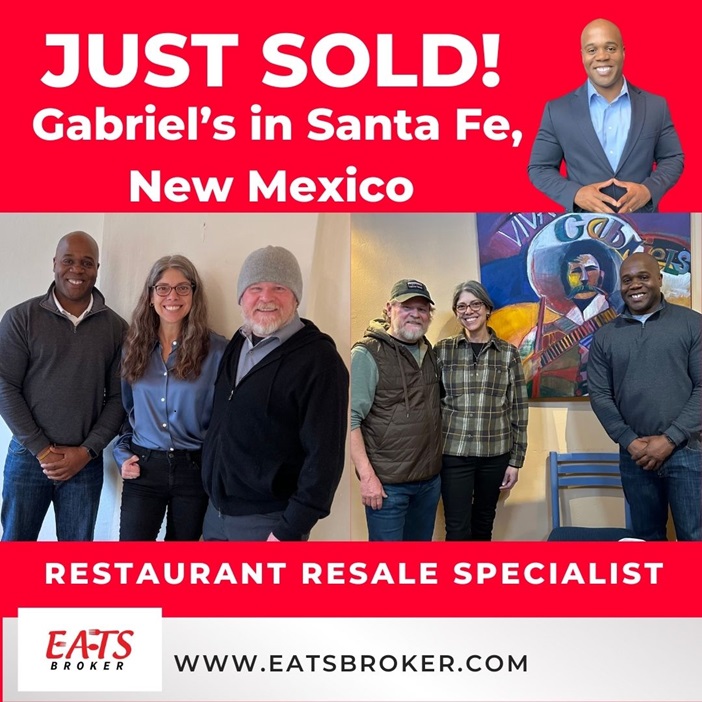
Restaurant Broker Dominique Maddox of EATS Broker sells Gabriel’s located at 4 Banana Ln, Santa Fe, New Mexico. EATS Broker represented the seller and buyer in the transaction. The new buyers are excited about the opportunity. The buyers bring a wealth of knowledge coming from a restaurant background. They plan to keep the concept the […]
Selling a restaurant? What does the buyer pay for?
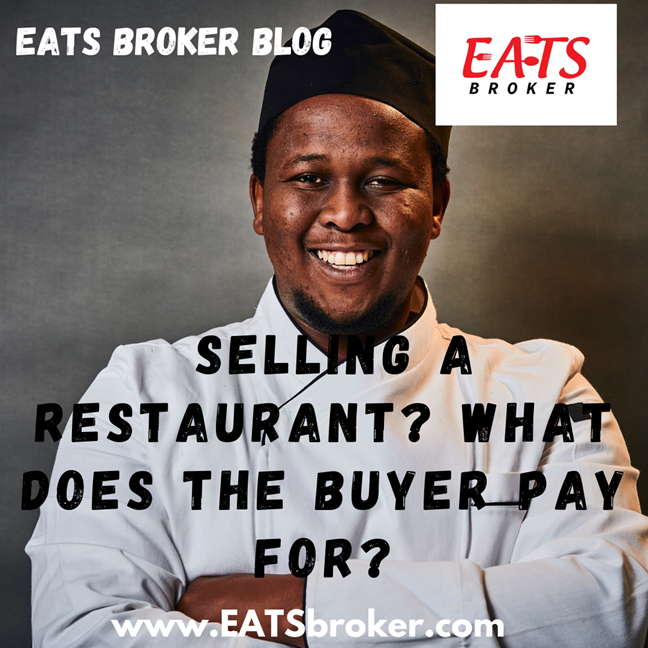
When selling a restaurant, most sellers don’t know what the buyer pays for at the closing table besides the listing price. Outside of the listing price, several additional fees should be negotiated upfront between the buyer and restaurant seller. Restaurant Business Brokers are trained to know the typical components of the fees associated with selling […]
Buying an existing restaurant in 2024
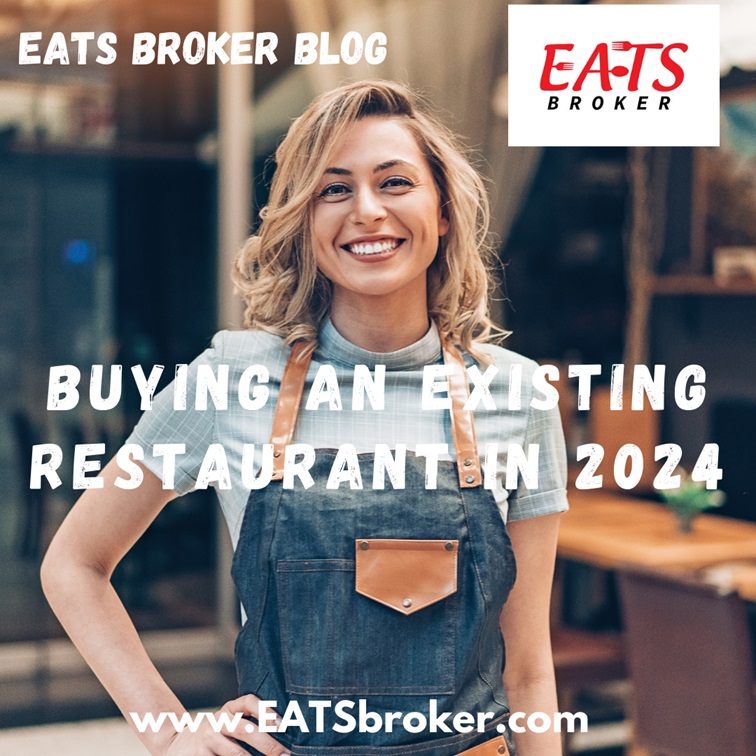
Buying an existing restaurant in 2024 can be a great way to start the year. Buying a restaurant already established and built out can be a cheat code to success. Franchise Restaurant concepts are searching for existing restaurant space to convert to new concepts to save money on the initial build-out cost. The Restaurant Broker […]
3 Common Mistakes Restaurant Buyers Make
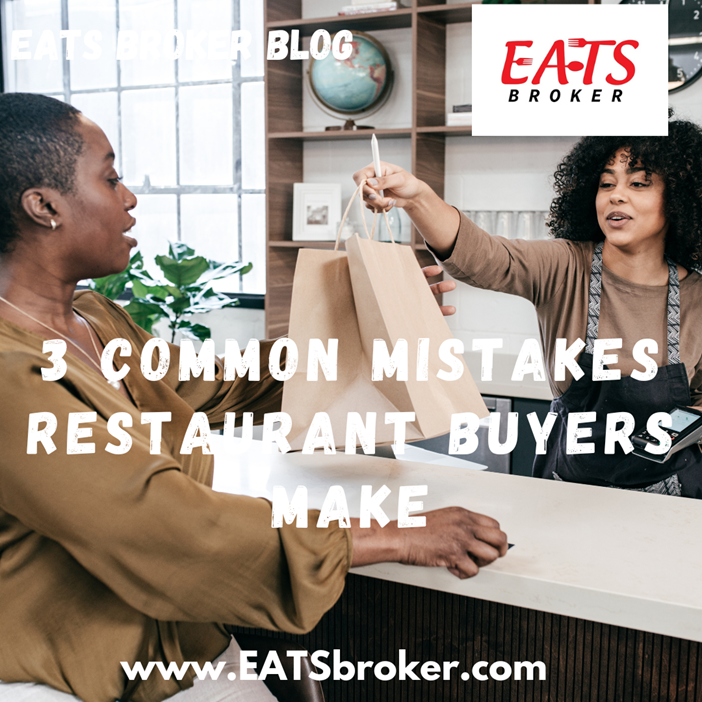
What are the Common mistakes restaurant buyers make when buying a restaurant? The answer is complicated but simple at the same time. There are several common mistakes that potential restaurant buyers should be aware of when deciding to buy a restaurant. The Restaurant Broker at EATS Broker provides some of the most common mistakes restaurant […]
Selling a Restaurant? Are you ready

When selling a restaurant, owners can make several mistakes that impact the experience. Restaurant Business Brokers sell multiple restaurants a year, while most restaurant owners will only experience selling a restaurant once in their lifetime. Understanding the resale process of restaurants takes years of experience. When selling a restaurant, business owners should prepare mentally for […]
EATS Broker attends Black Franchise Symposium and Trade Show in Dallas, Texas

The President and Founder of EATS Broker Dominique Maddox attended the September African American Franchise Symposium and Trade show in Dallas, Texas. The event made history as the FIRST-EVER Black Franchise Symposium and Trade Show in the United States! The event was held at Yum! Corporate Campus located in Plano, Texas. The Symposium was filled […]
Selling your Restaurant: What should you know?
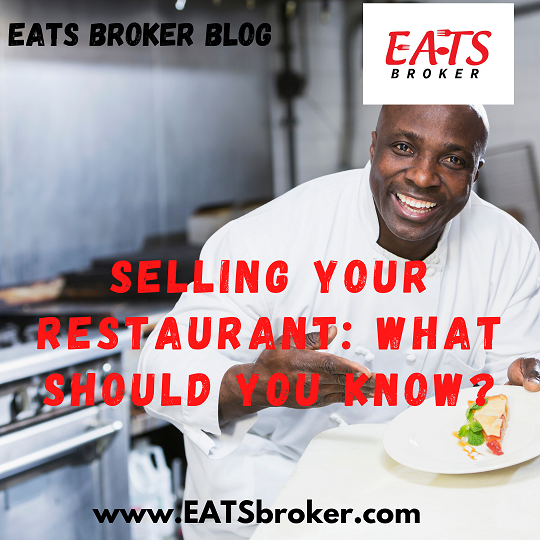
Are you selling your restaurant in today’s market? What should you know about selling a restaurant before you start? The Restaurant resale market is much different from the housing resale market. Only 2%-5% of Restaurant Buyers inquiring about restaurants for sale will purchase a restaurant. Dominique Maddox of EATS Broker thinks restaurant owners are shocked […]
How to Grade a Restaurant for Sale
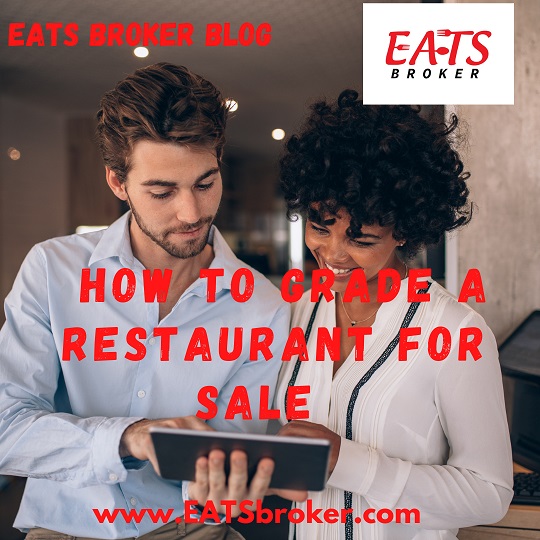
How to grade a restaurant for sale is a good question for a restaurant owner. Since Pre-K, most have been taught to judge performance by our grades. Office Buildings in Commercial Real Estate are placed in one of three categories: class A, class B, or Class C. A building rating is a national benchmark. Each […]

